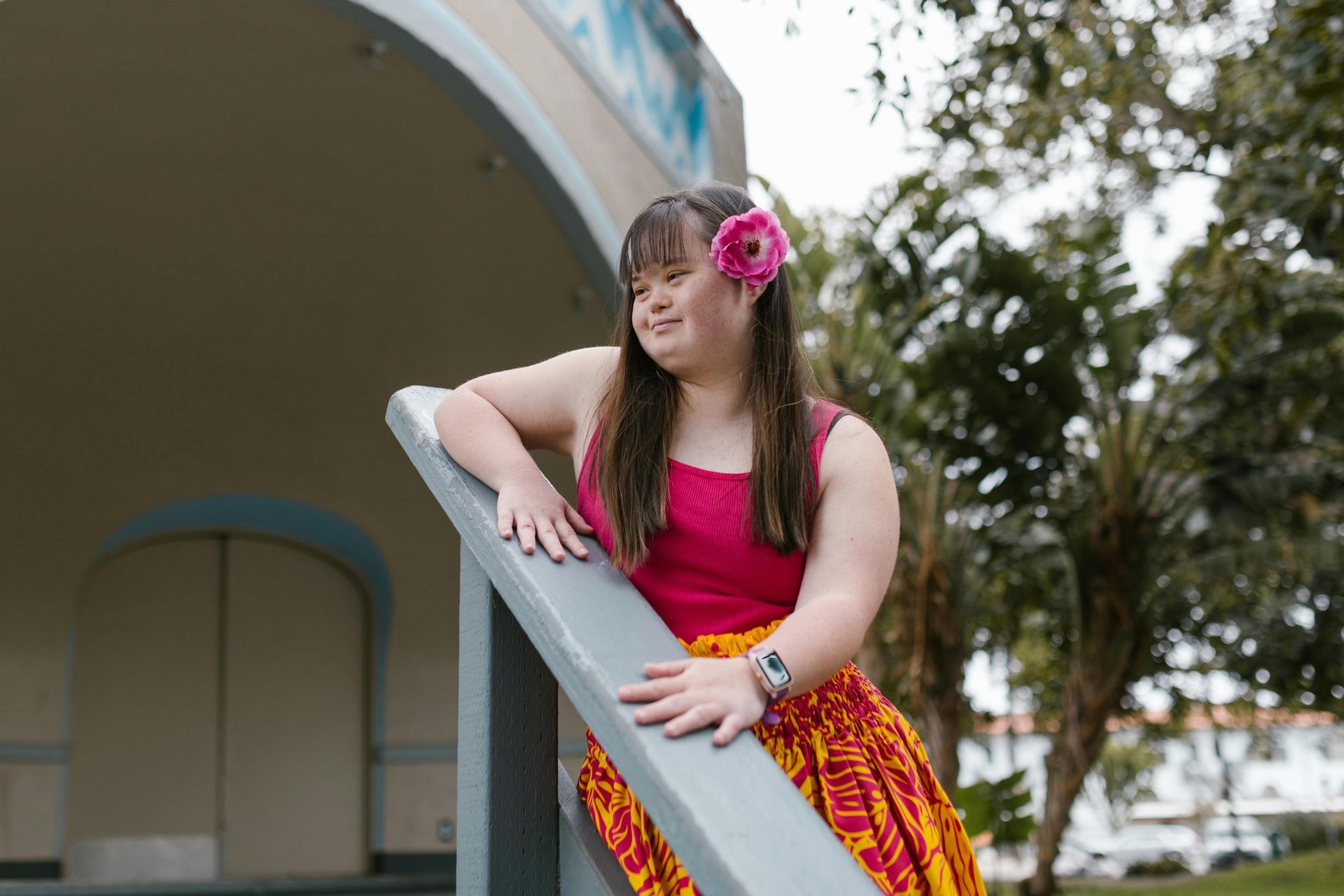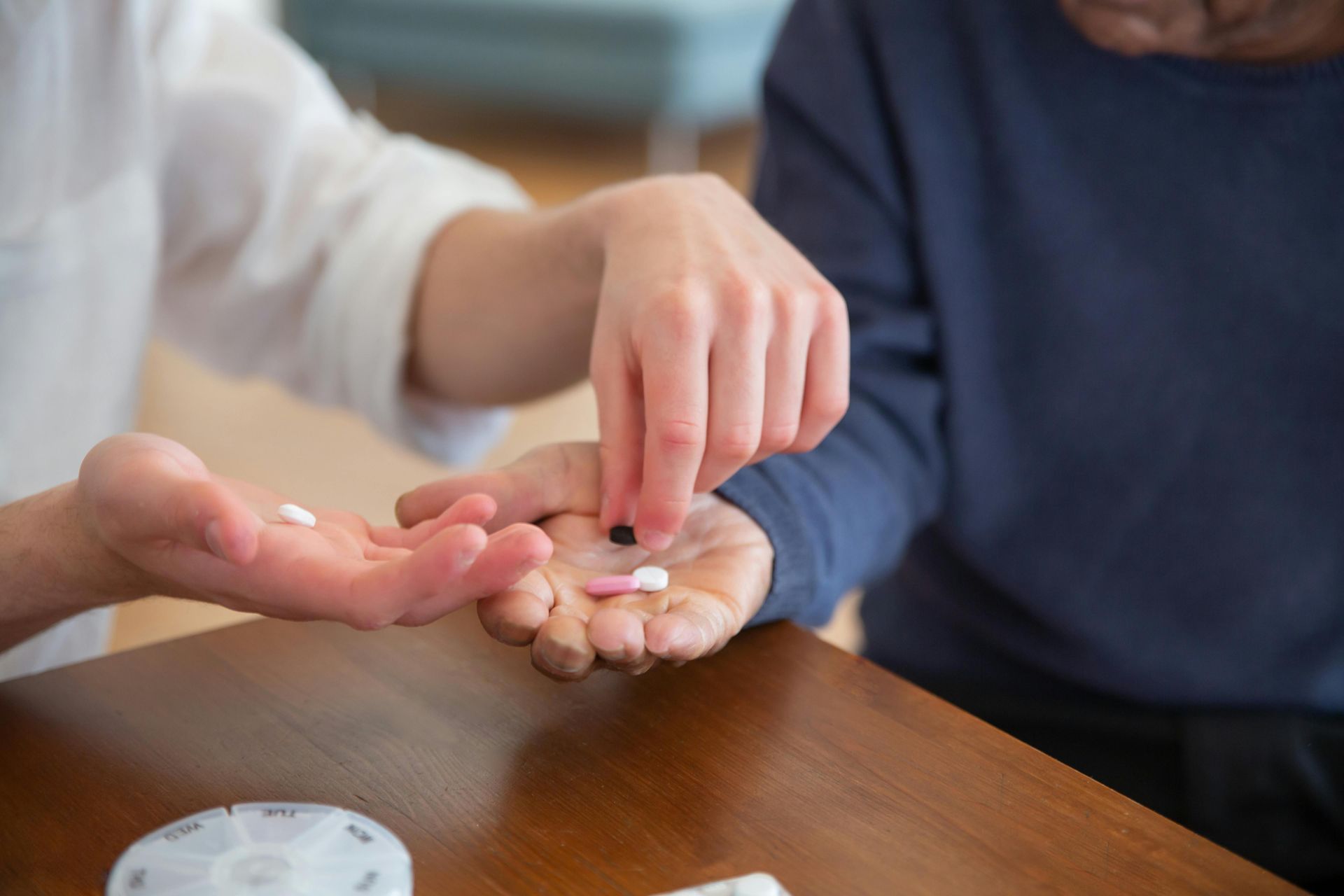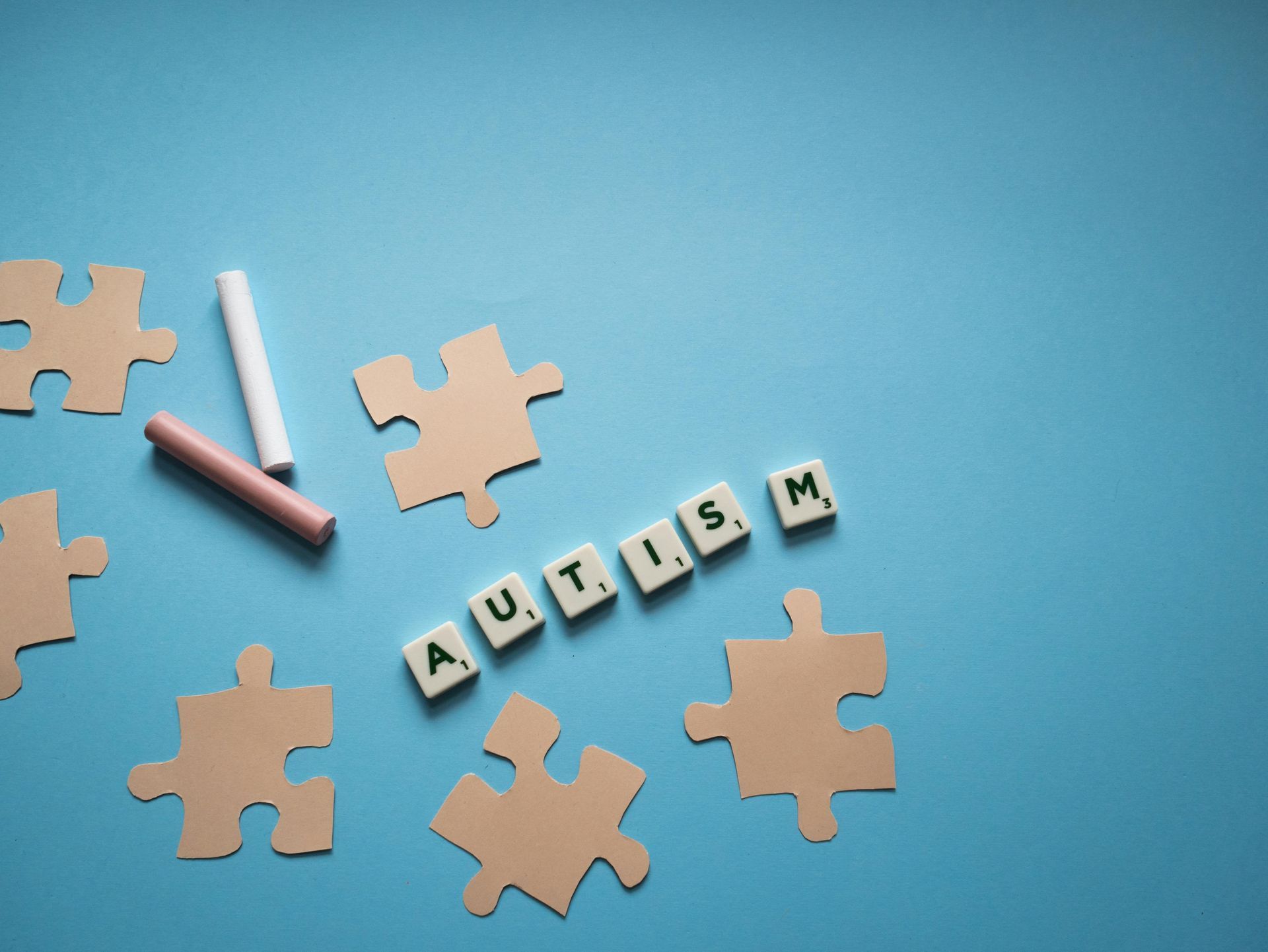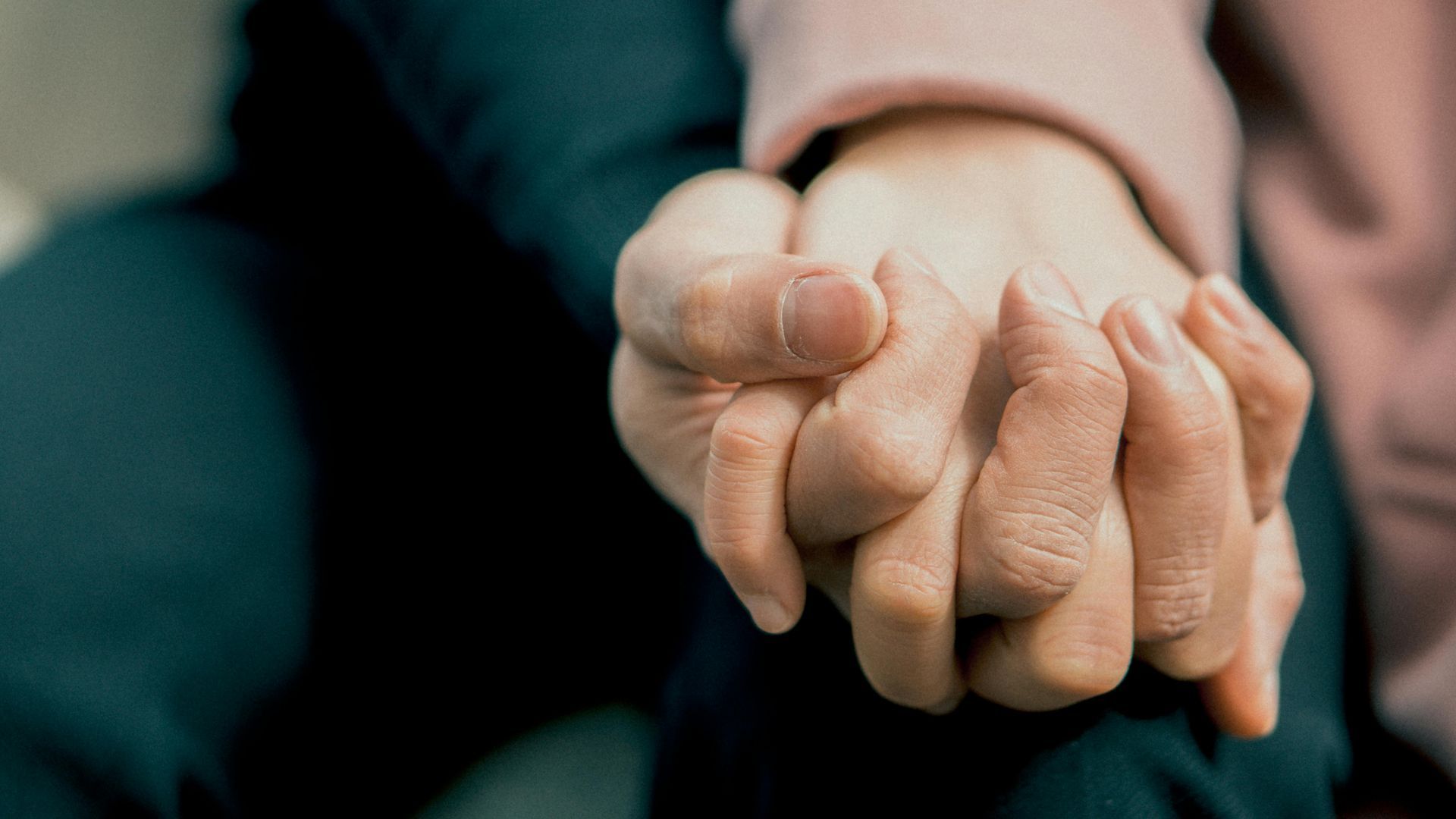
If you’ve put off considering home care services for an adult with developmental disabilities, you might have been overlooking some of the benefits to both you and to your family member.
Help You Keep Routines Consistent.
Consistent routines can be vital for an adult who has developmental disabilities. Those routines are a solid touchstone when life gets complicated or when everything feels as if it’s moving too fast. When you need to be elsewhere, home care providers can help to ensure that your family member is able to stick to the routines that help her to feel more secure.
Assist with Mastering New Skills.
Adults with developmental disabilities absolutely learn new skills all the time, but they may not do it in the same way that other people do. Having a little bit of help reinforcing what you’re teaching your family member can be priceless. You may also learn a few tips and techniques that help make the process to go more smoothly.
Provide Transportation Assistance.
Driving is often not an option for adults with developmental disabilities and you might not always be available. Having home care providers that you trust allows your family member to get to appointments or events whenever she needs to, regardless of your availability. A bonus is that you know someone is with your family member who understands her needs.
Make Errands Easier.
Just as transportation can be an issue, so too can something as simple as running errands. With the help of someone else, your family member can tackle routine tasks much more easily than you might think. This is an excellent way to help her to feel more independent, too.
Give Caregivers Time Away.
You may not realize it, but you need to take time away that is just for you. If you’re not already doing this, you might not understand the benefits that you can glean from taking even a few hours to yourself. Being able to come back to a family member who is happy, well cared for, and who is happy to see you can be the best part of taking that time away.
When you’re constantly doing so much on your own, it’s difficult to imagine how someone else could help you and your family member. If accepting help from home care providers is difficult at first, start out slowly and let them show you just what they can do for you and for your family member.
If you or an aging loved-one are considering in-home care for adults with developmental disabilities in Potomac, MD , please call the caring staff at Global Hands Inc. Call today 240-264-0769.










